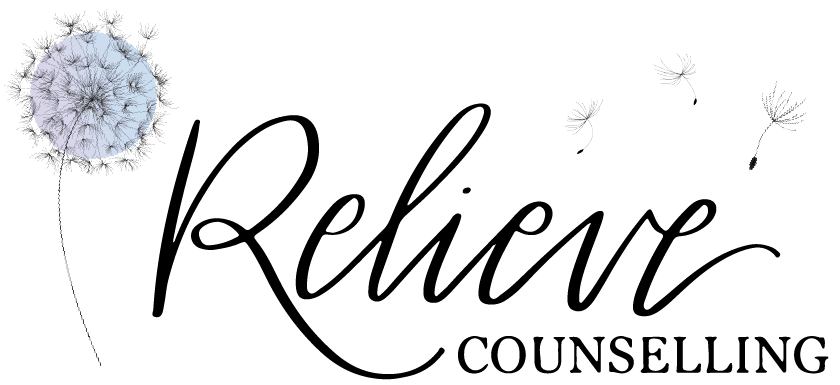Chronic fatigue is a debilitating condition that affects millions of people around the world. It’s characterized by extreme tiredness, even after long periods of rest, and can disrupt every aspect of life. But what many people don’t realize is that chronic fatigue has a complex neurobiological basis, and understanding the science behind it can be a crucial step toward healing. Below, we’ll explore the neurobiology of chronic fatigue and offer strategies for recovery.
The Neurobiology of Chronic Fatigue
Chronic fatigue is not just feeling tired; it’s a persistent and overwhelming exhaustion that often defies explanation. Research suggests that it’s a multi-faceted condition with a range of potential contributing factors:
- Neuroinflammation: Inflammation in the central nervous system can lead to fatigue. Immune molecules called cytokines may play a role in triggering this response.
- Hypothalamus-Pituitary-Adrenal (HPA) Axis Dysregulation: The HPA axis regulates stress responses. Chronic stress can disrupt this system, leading to fatigue.
- Mitochondrial Dysfunction: Mitochondria are the energy powerhouses of our cells. Dysfunction in these structures can lead to decreased energy production and fatigue.
- Neurotransmitter Imbalance: Imbalances in neurotransmitters like serotonin and dopamine can contribute to fatigue and mood disturbances.
- Sleep Disturbances: Poor sleep quality is often linked to chronic fatigue. Sleep is essential for physical and mental restoration.
- Psychological Factors: Anxiety, depression, and stress can all contribute to chronic fatigue, further complicating the picture.
Healing from Chronic Fatigue
Understanding the neurobiology behind chronic fatigue is a critical first step, but the path to healing is multifaceted and may require patience and persistence. Here are some strategies to consider:
- Consult a Healthcare Professional: Start by seeking a thorough evaluation from a healthcare provider who specializes in chronic fatigue. This can help rule out other underlying medical conditions.
- Rest and Sleep: Prioritize rest and sleep. Establish a consistent sleep schedule, create a calming bedtime routine, and create a comfortable sleep environment.
- Balanced Diet: A well-balanced diet rich in nutrients can support overall health and energy levels. Consult a nutritionist for personalized guidance.
- Manage Stress: Stress management techniques like mindfulness, meditation, and deep breathing can help regulate the HPA axis and reduce inflammation.
- Exercise Mindfully: Gentle, regular exercise can improve energy levels, but it’s essential to start slowly and listen to your body’s signals.
- Psychological Support: Here at Relieve Counselling, we would love to help support you – as you may be experiencing chronic fatigue due to psychological factors which your therapist can help process.
- Medication: In some cases, medication may be prescribed to manage specific symptoms, such as pain or sleep disturbances.
- Lifestyle Adjustments: Make gradual lifestyle adjustments to minimize stress and manage your energy. Pace yourself and learn to say no when needed.
- Support Groups: Joining a support group for individuals with chronic fatigue can provide a sense of community and shared experiences.
Remember that healing from chronic fatigue is a unique journey for each person. There is no one-size-fits-all solution, and progress may be slow. By understanding the neurobiology behind chronic fatigue and taking a holistic approach to recovery, you can increase your chances of finding relief and regaining your vitality. Don’t hesitate to reach out! We would love to connect with you. Find the counsellor who is the best fit here.

